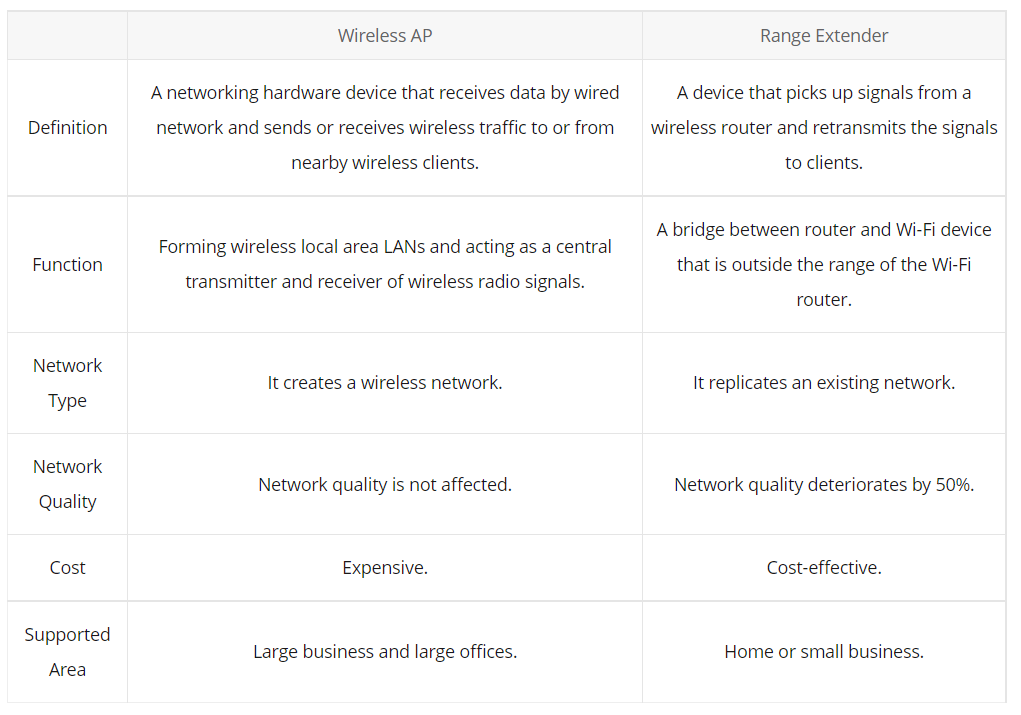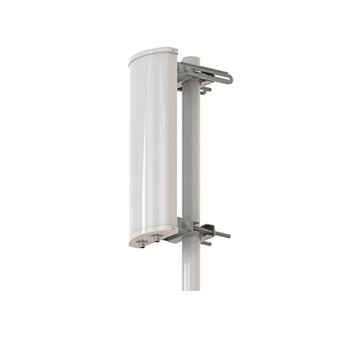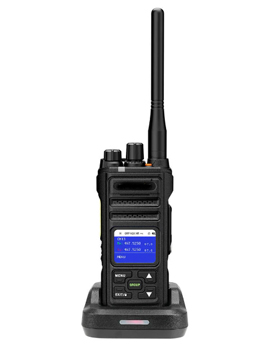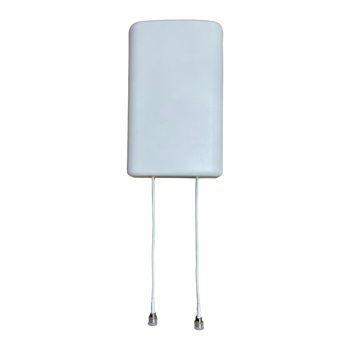
The use of the internet has increased significantly in recent years. As technology grows the use of mobiles, computers, and Wlan devices is increasing day by day. Due to this increase, industries have a lot of opportunities and as well as constraints in utilizing wireless technology in order to make the best possible use of wireless technologies. Wireless devices or wireless access points are mostly used in offices and also in the home. Wireless technology also facilitates remote-based work. The major devices that are used in wireless technology are the access point and Wi-Fi range extender. Most people get confused while buying the access point or the Wi-Fi exchange extender. Both wireless devices have different requirements and perform different functions. Most people get confused because both devices use the same technology. Some wireless devices act as a central hub like the access point and some wireless simple boost the existing signal of the Wi-Fi like the Wi-Fi range extender.
Table of Contents
ToggleWhat is Access Point?

The access point is also known as a wireless access point. Access point plays an important in wireless technology. Access points act as a centralized hub that facilitates the user over the wireless technology. Access point is a device that receives and transmits the information over the Local network. A wireless access comes with a different configuration. Some wireless access point comes with WiFi antennas and some without antenna. Some wireless access points are part of the router and some access directly connects with the router by using the Ethernet. The wireless access point is the main component in a wireless LAN network. It has standalone functionality and can be set up separately to provide wireless device connections. Small offices or large organizations typically use independent APs to increase the reach of an existing wired network. Now all latest of wireless access point are updated to fulfills the all standard of the WiFi 6 and also support WiFi 6 antennas to ensure the connectivity.
Wireless access points: Pros and Cons:
Pros:
- Wireless access point uses at any location and users can easily access the access point by using a mobile or laptop etc.
- No additional power is required for the wireless access point because wireless access point already follow all standard of the PoE switch.
- Wireless access points can connect up to 100 users at a single time.
- Modern access point also supports the MIMO technology. The access point with mimo antenna that uses the Mimo Technology has performed better than the simple access point. Both the overall data rate and the maximum number of clients that can connect to the access point will be doubled.
- Access Control List (ACL) is one of the extra features that can be utilized to increase security while also making it easier to manage users on a wireless network.
Cons:
- Wireless access point is a little bit expensive because it comes with the latest technology and provides better security.
- Poor stability is the main issue in the wireless network.
- The user may need to use Power over Ethernet (POE), a PoE injector, or a power socket if he or she does not have convenient access to the power source.
What can Tesswave do for you?
Tesswave provide 100+ antenna products and you can contact us for antenna customized solutions, get in touch with us today to get a Free quote.
Get an Instant Quote
Get a FREE quote and we will contact you within an hour
What is WiFi Range Extender?
The WiFi extender is also known as a Wi-Fi range extender as its name suggests it boosts the signal of the Wi-Fi network. It is also known as a wireless repeater. It enhance the existing range of the wireless network. This extender performs this task by using the separate and distinct wireless name as SSID. The extender creates two different networks. The extender repeats the signal of the Wi-Fi that receives it from the router. It creates a second network, which enhances the range of the first router. The Wi-Fi range extender works like a bridge between the main router and the user. It may result in an almost 50% reduction in overall internet speed. All of latest of extenders are support IEEE 802.11a/b/g/n standard and equipped 2.4/5GHz dual band wifi antennas to ensure the connectivity.
Pros:
- The extender boosts the Wi-Fi signal more compared to the Wi-Fi booster.
- Makes wireless network more stable and spread signal in all direction.
- Extender enables the users that they use the internet at any location in the home or office.
- The extender is cheaper than access point.
Cons:
- It is only support small business or the home network.
- Provide the poor quality if it is placed not correctly.
- To function properly, extenders must be compatible with your current router. These machines can sometimes suffer from compatibility problems.
Difference Between Access Point and Wi-Fi Range Extender
- Cost Effectiveness
The Wi-Fi Range extender is cheaper than the wireless access point. No doubt the cost of the extender is low but when the business growing rapidly then a large network range is also required to run the business then the Wi-Fi range extender plays important role in this situation, but if you want stability as well as the large range the network then the wireless access point performs better than the extender. The range extenders are designed for small-scale and domestic use although they are simple to buy and set up, they have a lower connectivity capacity than wireless access point, which has a substantially larger connectivity capacity.
- Efficiency
When comes to efficiency wireless access point performs better than Wi-Fi range extender. The wireless access point provides more benefits. Access point provides better security and also covers a large area as compared to the extender. Wireless access point performs better in long run. Access point creates its own network while the extender boosts the signal of the existing network.
Multiple extenders might reduce the performance and speed of an existing network even while they increase the coverage area of an existing connection. While adding new access points increases a network’s coverage area and ensures that the connection’s quality doesn’t degrade, it also increases the network’s range.

Wireless Access Point vs Wi-Fi Range Extender: What’s Best for You?
Wireless access point is suitable for large-scale companies or businesses. If your business grows rapidly then the wireless access point is the best option. If you have small businesses that have limited sure then the Wi-Fi range extender is the best option. Most small business uses the Wi-Fi range extender because it’s cheaper than the wireless access point.
Conclusion:
Wireless access point is work as a central hub and connects different devices on the local area network. And the Wi-Fi range extender extends the range of the Wi-Fi and also boosts the signal of the existing network. Both devices are completely different from one another and perform different functions. However, the cost of the Wi-Fi range extender is less and easier to install than the wireless access point. In the end, it all comes down to your specific needs.








